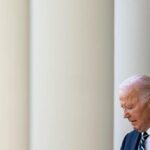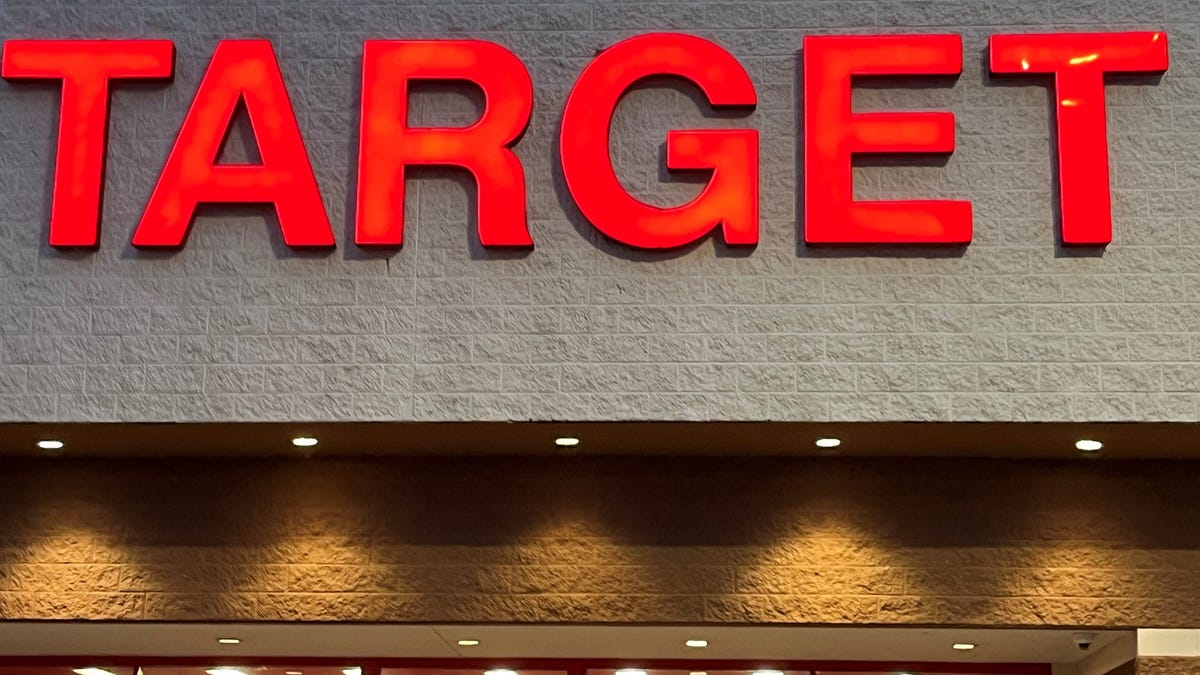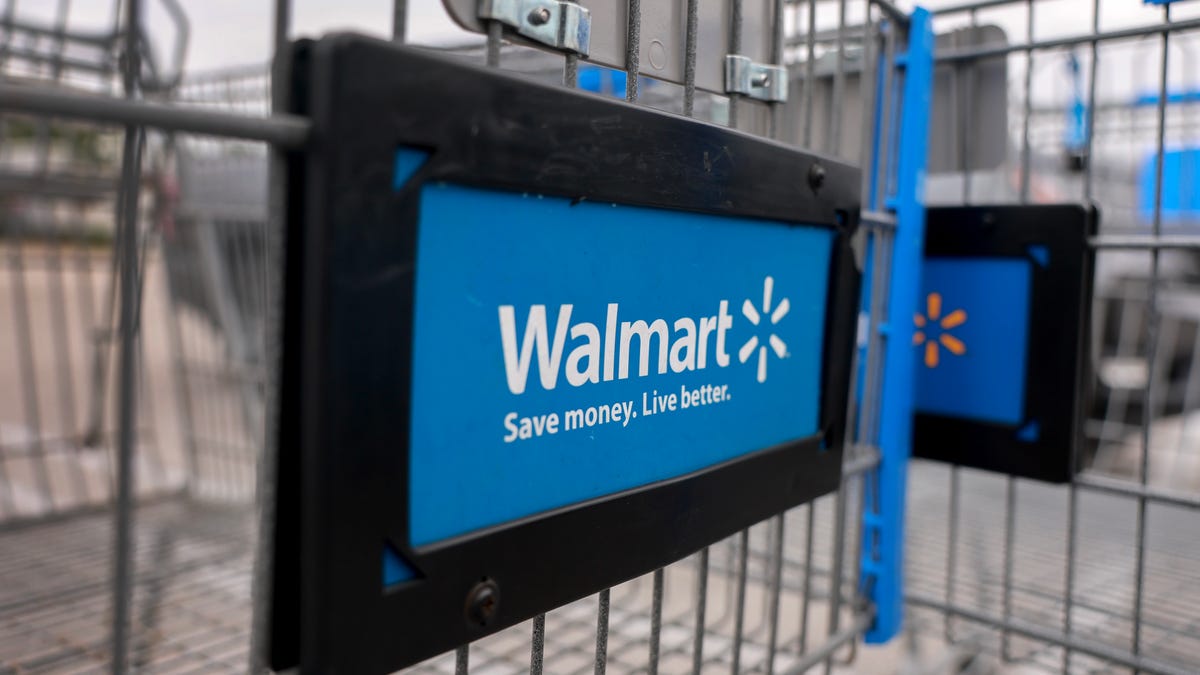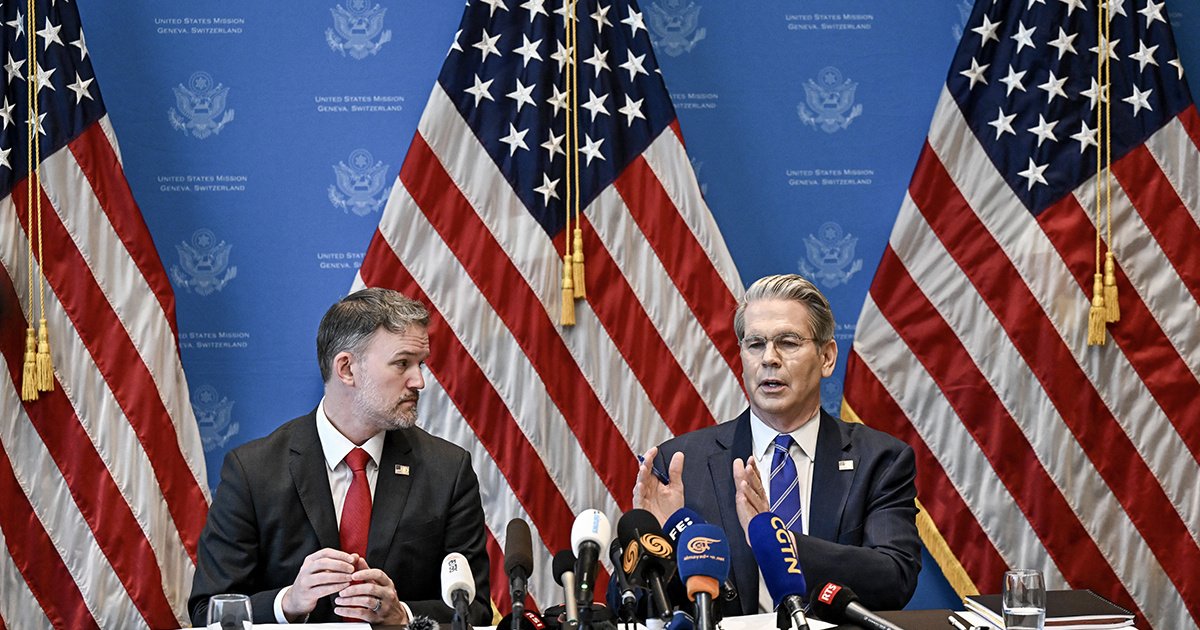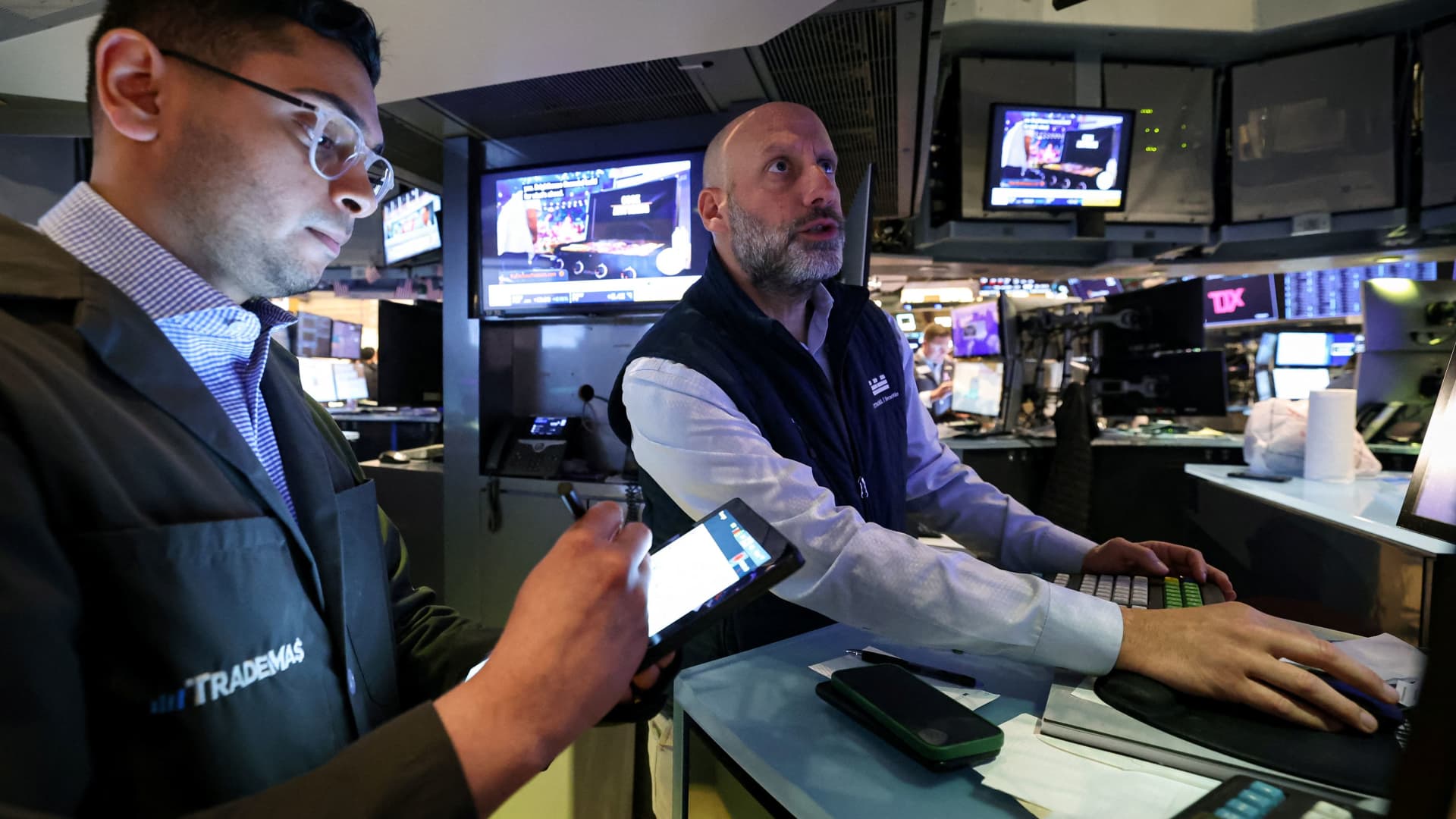The protests are meant to pressure Target to re-establish its commitment to DEI and other demands by the organizers.

Consumer Boycotts target DEI retreats—are they working? What we know.
Consumer boycotts are targeting companies like Amazon and Target, who’ve rolled back DEI initiatives, but are they working? Here’s what we know.
Leaders in the Black faith community who have called upon their followers to boycott Target after its retreat from diversity, equity and inclusion programs have announced a series of peaceful protests outside of Target stores on May 25 – the fifth anniversary of the murder of George Floyd.
Pastor Jamal-Harrison Bryant, senior pastor of New Birth Missionary Baptist Church in Stonecrest, Georgia, said his church will protest outside a Target in Conyers, Georgia, an Atlanta suburb. Sixty-seven churches across the country will hold additional protests, he said during a May 18 church service. They are a way to continue pressuring Target to re-establish its commitment to DEI and other demands by the organizers of what was originally called the Target Fast and is now called the Target Boycott, said Bryant, an activist and author.
Target is headquartered in Minneapolis where Floyd died and after his death, the retailer made a pledge to the Black community to boost efforts in inclusion, Bryant said in an interview with USA TODAY. But since then, Target has fallen in the eyes of many in the Black community, Bryant said.
“They made this pledge not under political duress, not in response to protest, but we thought out of conscious and clean hands,” Bryant said.
Target did not immediately respond to a request for comment.
What is the Target boycott?
There have been two boycotts specifically aimed at Target – one which began on Feb. 1 to coincide with Black History Month and another that started March 5 to coincide with Lent. Both were started by leaders in the Black community in response to Target’s retreat from DEI initiatives and other measures of support.
The first indefinite Target boycott was launched at the start of February by Minnesota activists, including Nekima Levy Armstrong, a civil rights attorney and founder of the Racial Justice Network. Armstrong has previously told USA TODAY that Target’s DEI retreat was a slap in the face to many Black shoppers who supported the retailer.
A separate 40-day “Target Fast” started by Bryant began on March 5 to coincide with Lent. Since Target did not reinstate its DEI initiatives, the effort is ongoing and has been redubbed The Target Boycott.
Separately, there are also ongoing consumer boycotts led by The People’s Union, which organized a Feb. 28 one-day economic blackout of all consumer spending. The group has since held several weekly boycotts of other businesses and had a three-day economic blackout in April.
The Latino community has also been active on social media using the hashtag #LatinoFreeze, encouraging supporters to “hold your money” amid freezes on DEI initiatives, reduced funding for the National Institutes of Health and actions on immigration.
What does the Target Boycott group want Target to do?
The four demands of Bryant’s group include:
- Honor the $2 billion pledge to the Black business community that Target previously had in place, which entailed purchasing Black-owned products, services and investing in Black media.
- Deposit $250 million across 23 Black-owned banks to strengthen Black financial institutions.
- Establish community retail centers at 10 historically Black colleges and universities to educate and empower future Black entrepreneurs.
- Fully restore and recommit to DEI at every level of the company.
On April 17, the Rev. Al Sharpton, founder and president of the National Action Network (NAN) met with Target CEO Brian Cornell – at Cornell’s request. Sharpton has since confirmed that Bryant was in attendance at the meeting.
Bryant told USA TODAY that the meeting was productive and Cornell said a commitment to re-establish the $2 billion pledge was underway and that it would be complete by July 31. No announcements have been made by Target or Bryant’s group regarding the July 31 deadline. However, Bryant said since the other three demands have not been met, the boycott will continue.
Bryant also told USA TODAY that Cornell met with President Donald Trump a few days after their meeting and Bryant had not heard from Target since, but was still expecting the July 31 pledge to happen.
“I feel this has been impactful and effective,” Bryant said of the initial boycott.
What is Target saying?
A Target spokesperson confirmed that the retailer in January said it “will complete its $2 billion commitment to invest in Black-owned brands and businesses through its REACH program in 2025 as planned.” When asked for clarification if the initiative would be re-instated by July 31, as Bryant was told, a Target spokesperson said there has been no specific date set other than sometime this year.
The spokesman for Target, which had not responded to previous inquiries from USA TODAY about the consumer boycotts, also released this statement: “We are absolutely dedicated to fostering inclusivity for everyone – our team members, our guests and our supply partners. To do that, we’re focusing on what we do best: providing the best retail experience for the more than 2,000 communities we’re proud to serve.”
The spokesman also provided an internal memo sent on May 5 from Cornell to Target’s employees. In it, Cornell acknowledged a “tough few months.”
“There’s been a lot coming at us – macro challenges in the environment, but also headlines, social media and conversations that may have left you wondering: Where does Target stand? What’s true? What’s not?” Cornell wrote.
“I recognize that silence from us has created uncertainty, so I want to be very clear: We are still the Target you know and believe in—a company that welcomes all and aims to bring joy to everyone, every day.”
Has the Target boycott been working?
Leaders of the consumer boycotts have been pointing to Target’s stock plummeting since earlier this year and data showing online and in-person activity at Target and several other retailers being down, to point to success, as previously reported by USA TODAY.
But data from several firms show a mix of results, with sales at some retailers increasing or remaining flat for the first quarter.
Conservative activists have successfully rallied in recent years to force retailers and companies to rein in their DEI efforts by staging boycotts to hurt sales.
In campaigns using hashtags and slogans like “go woke go broke,” boycotts waged by conservative activists have taken aim at some of the nation’s largest consumer names, including Target. Some have succeeded in slashing sales and forcing policy changes.
Now Target and other companies find themselves under attack from the other side, facing calls for boycotts from DEI supporters angry over the rollbacks.
What is happening with the May 25 protests?
Bryant said churches will walk out at 12 p.m. ET on May 25. Protestors are asked to be silent for 9 minutes and 40 seconds, according to Bryant, to symbolize the amount of time that Derek Chauvin’s knee was on Floyd’s neck.
Bryant told USA TODAY that he took extra precautions in planning the protests to ensure everyone’s safety.
“I am very reticent in calling for a protest in mass of Black people under this administration,” Bryant said, referring to protestors potentially getting arrested. Bryant said he has paired pastors in the various cities with members of the National Bar Association, “So that people have somebody to mitigate for them in the event that it goes a different way,” he said.
Betty Lin-Fisher is a consumer reporter for USA TODAY. Reach her at blinfisher@USATODAY.com or follow her on X, Facebook or Instagram @blinfisher and @blinfisher.bsky.social on Bluesky. Sign up for our free The Daily Money newsletter, which will include consumer news on Fridays, here.

